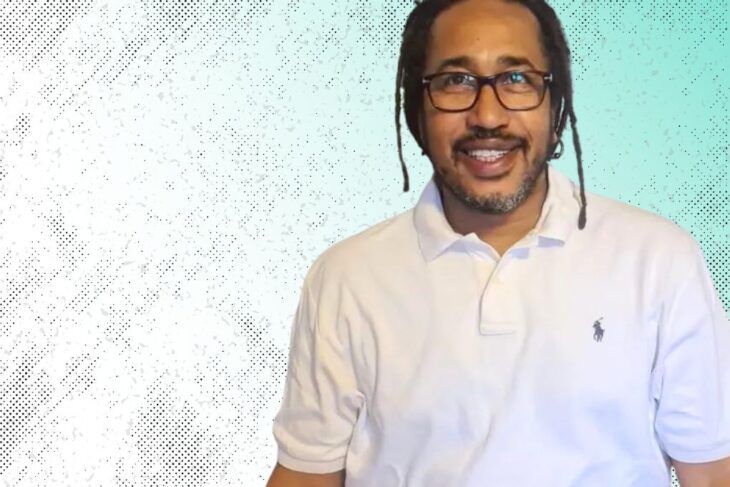My Purpose in Action

You joined Forward as a Trustee in September 2023. How did you hear about Forward in the first place?
My first contact with Forward was as a client, over 20 years ago. I am one of several board members at Forward who has lived experience. I’ve come to know about Forward through my own journey through the system.
I graduated from the programme in 2002 after a long sentence in an institution. I then did some volunteering for RAPt (the Rehabilitation for Addicted Prisoners Trust and then I did the counselling programme. I’ve since progressed, and I now work for various different organisations; the NHS is my primary place of work.
I am an analytic individual and group psychotherapist working across various organisations but primarily in the psychotherapy department across two NHS trusts.
Things have come a long way from volunteering as a RAPt graduate to taking up a role as a trustee!
What made you want to become a trustee?
The charity had become like a family and a great source of support, personally, and then professionally.
A good friend of mine, Richard Stevenson (Steph) had always been a lot more closely aligned with RAPt and then Forward. Unfortunately, Steph passed away last October. Before he died, he nominated me to be a trustee saying that it would be something he’d like me to do – and something he thought would really be good for me, and for all the beneficiaries of Forward Trust.
I made my application and went through a process with the board and some of the staff members as well.
How does being a trustee help you to live your everyday values?
I’ve really been thinking about this question, and it ties into some of the central tenets of 12-step recovery, which is very much part of my life. It’s been integrated into my daily life routine.
Being a productive member of society is the value that I hold most dear. And I think it’s one of the central tenets and values of Forward Trust in terms of rehabilitation of prisoners or those suffering from a plethora of different social issues, primarily substance misuse.
Forward is able to go into institutions and rehabilitate people to come out and be productive members of society, and not a drain on society – to be able to flourish and go on and make meaning not only to their own lives, but to their communities, to their family, to their friends, to their children, etc. These are the values that I carry in me on a daily basis – to just try and do my best.
As a trustee, I’m a volunteer and I think that’s an essential part of being a productive member of society, moving away from my own narcissism and just giving back.
What do you think would most surprise people about what being a charity trustee involves?
I think what would surprise most people is how much people contact I’ve already had, not just as a board member, and then, being opened to the mechanisms of how a charity runs.
But what’s really surprised me is the different levels of contact from the top to the middle to the bottom of the charity. I really don’t like to describe it in that hierarchical way, but it surprised me, and I’ve really enjoyed it, and continue to enjoy being able to have contact across the board within the charity within the organisation.